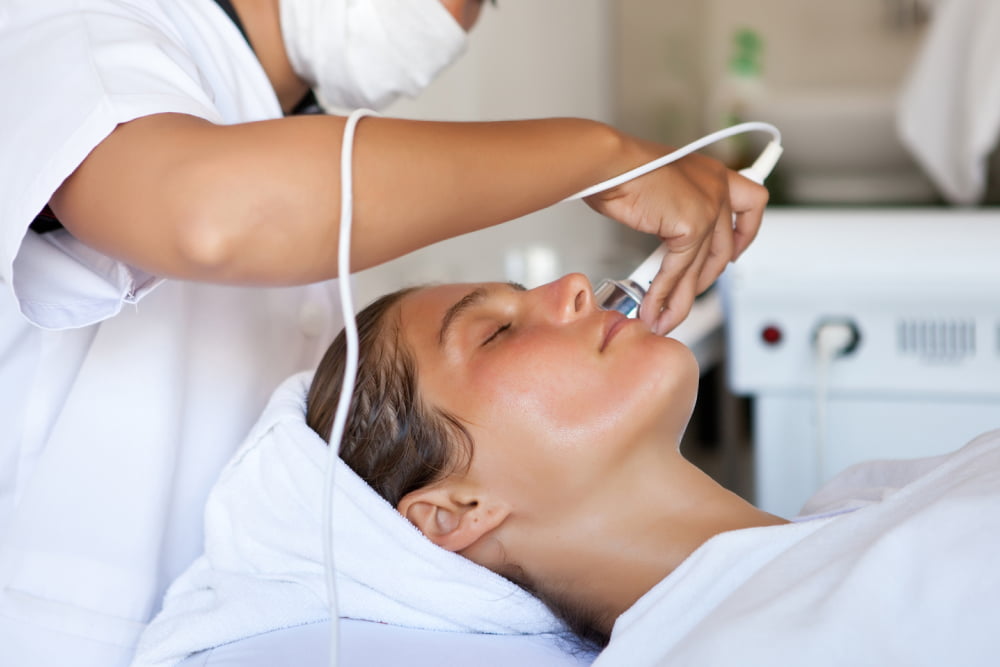10 things to consider before a cosmetic procedure

Cosmetic procedures date back centuries, however, in the last few years, there has been considerable advancement in the field, making it more accessible and popular. However, this popularity has also resulted in several issues, such as unqualified practitioners and botched procedures. To avoid this from happening, one must plan their procedures carefully and make well-informed decisions. So, here are a few things to consider before opting for a cosmetic procedure:
1. Surgeon’s expertise and experience
One of the most important aspects to consider before undergoing any cosmetic procedure is finding the right surgeon. The goal is to find a competent, experienced surgeon who can guarantee a successful procedure. To achieve this, one can find accredited medical centers and other authentic boards to ensure that the surgeon has the right education and training. One should consider the following factors as well:
Certifications: Before finalizing a surgeon, one needs to ensure that they are board certified and recognized by the state as a legitimate plastic surgeon who is trained and allowed to perform the procedure.
Evidence of work: Asking for previous examples of similar procedures performed by the surgeon can also help one feel assured, helping build trust between the patient and the doctor.
Comfort levels: Cosmetic procedures often require the patient and surgeon to work together to achieve the desired results. To achieve this, it is important to have a strong channel of communication and a certain level of comfort between the two entities.
2. Post-procedure expectations
Another important consideration before opting for a cosmetic procedure is setting realistic expectations. To do so, one must evaluate the purpose of choosing cosmetic surgery. While cosmetic procedures can help one enhance certain features, they cannot address emotional concerns associated with appearance. So, before opting for a cosmetic procedure, one must have a detailed conversation with their surgeon about their goals and expectations for this procedure. Not only will this help the doctor identify if someone is the right candidate for a certain procedure, but it will also help one set reasonable expectations for their appearance.
3. Facts about the procedure
Cosmetic procedures generally require a significant amount of commitment, as they can call for repetitive sittings or a complex recovery process. To ensure one understands the requirements completely, it is important to discuss the procedure with the surgeon. Talking to the doctor about what the procedure entails and why a certain process is preferable over another to achieve the desired result can help. Additionally, one can look up the procedure online, watch videos, read about the surgery, or engage with others who may have undergone such procedures in the past. Engaging with others on reputable forums is important to find reliable information. This may help one make a better-informed decision.
4. Risks
Although rare, both invasive and non-invasive cosmetic procedures may have several risks and complications associated with them, such as scarring, infection, blood loss, blood clots, wound separation, fluid buildup, and more. At the initial consultation, it may be advisable to discuss risks with the surgeon.
5. Surgical facility
One must also consider where the procedure is going to be performed. Cosmetic procedures must be performed in accredited centers such as hospitals or medical centers and not in an office building or private home. This can help one ensure that the facility is fully equipped with the correct training and equipment in the case of any complications or medical emergencies.
6. Stacked procedure
In some cases, surgeons can perform several different procedures in one go, helping save operating room costs. However, it is important to remember that this may result in an extended operating time, resulting in more blood loss and a higher risk of infection.
7. Recovery time
The recovery time can differ from procedure to procedure and person to person. Those who opt for invasive procedures are likely to have a longer recovery period than those opting for a non-invasive procedure. Moreover, the skin may take weeks or even months to adapt to its new shape or environment. Before opting for a procedure, it is advisable to speak to the doctor about the expected recovery time. One can ask the following questions:
– Is this a walk-in, walk-out procedure?
– Does one require assistance post-procedure?
– How long would one have to wait to be discharged?
– What does post-op care involve?
– How often should one follow up?
– Can one engage in daily activities right after the procedure?
Accordingly, one can make accommodations for schedule some time away from family obligations, work, and other events to focus on healing and recovery.
8. Visible scarring
Scars are inevitable after invasive cosmetic procedures. Speaking to the doctor about the extent, location, and visibility of scars can help one understand what to expect.
9. Costs
In most cases, cosmetic procedures are not covered by insurance. While costs may vary depending on the procedure and the surgeon’s experience, one is likely to run up a bill of thousands of dollars. Before going through with the procedure, one must consider their financial situation to ensure they can afford the treatment. When doing so, one should take into account additional costs related to aftercare and follow-ups.
10. Non-surgical alternatives
For several surgical cosmetic procedures, one may be able to find non-invasive alternatives. For instance, instead of a nose job, one can opt for a non-invasive rhinoplasty to achieve similar results. These non-surgical treatments tend to have fewer risks, lower costs, and little-to-no recovery time, making them an attractive option for many.
Doing adequate research and asking a qualified surgeon all the necessary questions can help one make an informed decision and avoid any surprises following the procedure. Further, evaluating personal requirements and expectations can help one decide if they need the procedure.
















